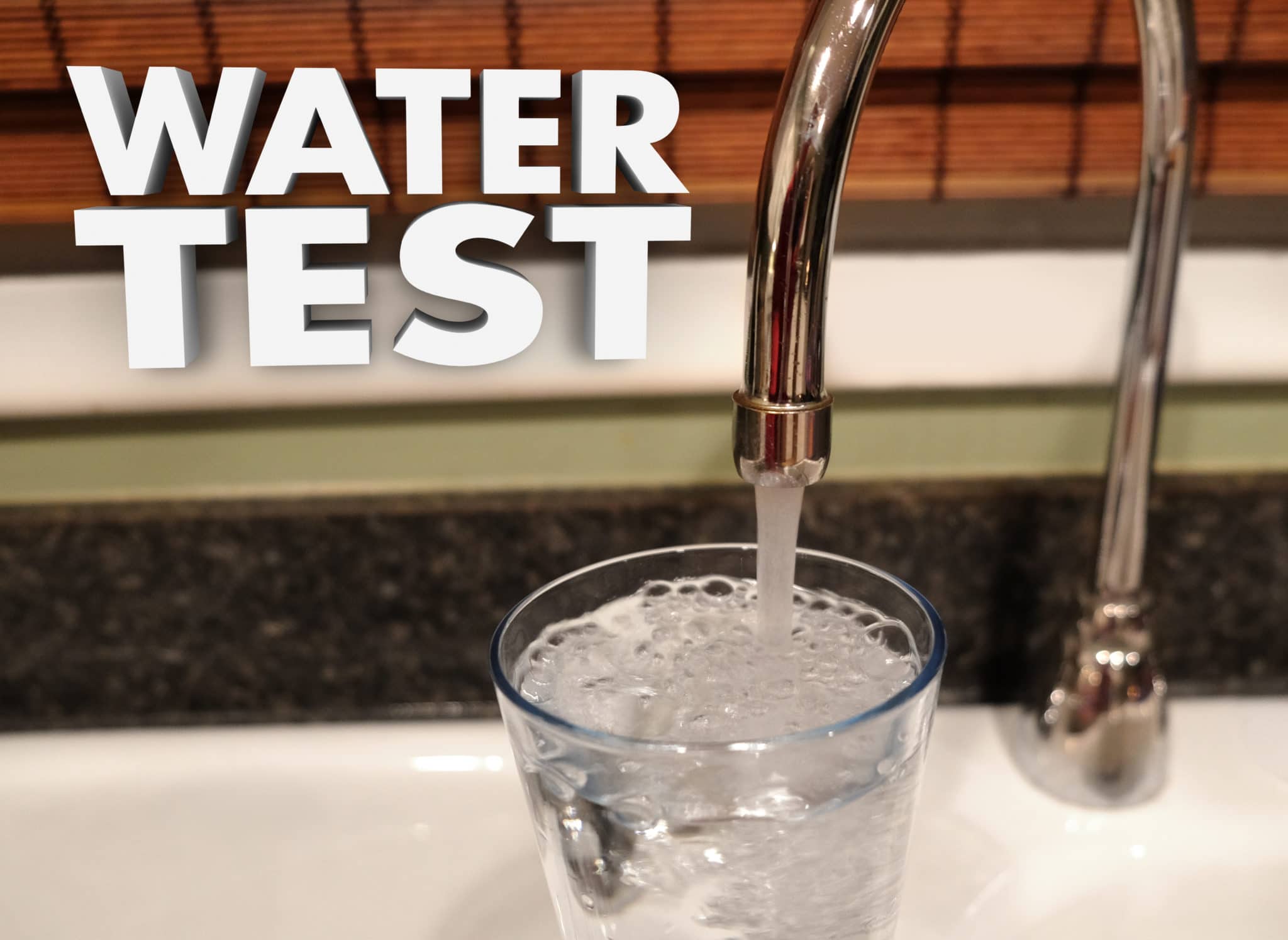Unknown Facts About Hard Water Testing
Wiki Article
Our Hard Water Testing Ideas
Table of ContentsThe smart Trick of Hard Water Testing That Nobody is Talking AboutThe 7-Minute Rule for Hard Water TestingNot known Facts About Hard Water TestingHard Water Testing Can Be Fun For AnyoneThe 20-Second Trick For Hard Water TestingWhat Does Hard Water Testing Mean?
As soon as the water from your shower dries out, mineral deposits are left behind, causing your once-shiny, clear shower doors and components to be covered in water spots. In enhancement, since water will take longer to warm up, it will use much more energy and thus raise your utility costs.Everything about Hard Water Testing
Have you ever questioned exactly how to check water solidity in your home? The response may be closer than you think. Tough water is the result of elevated mineral levels in the groundwater supply. While tough water may be drinkable water and not necessarily unsafe to your health and wellness, it does result in a variety of unpleasant impacts with which you are most likely acquainted.While there are in-depth examinations that can offer you an accurate and specific procedure of just how tough your water is, identifying whether or not you have difficult water is a much easier exercise. In this short article, we're mosting likely to outline some understandable ideas that can aid you determine whether or not you have hard water.
Some of these are merely unpleasant, while others can impact whatever from the efficiency of your devices to the dampness of your hair and skin - Hard Water Testing. Ultimately, you could be surprised at the several manner ins which hard water has actually had an effect on your day-to-day life and might want a entire home water softener
Hard Water Testing for Dummies
Difficult water is water that has a high quantity of minerals in it. Most of these minerals are typically calcium carbonate and magnesium, however various other minerals such as manganese and iron can likewise be found in tough water samples. The greater the mineral count in your water, the harder your water is thought about.A higher focus than this is considered to be difficult water, with varying levels of firmness assigned to different limits of calcium carbonate. The formation of tough water happens normally with a communication between water and the dirt it passes through. Starting as rainfall, water is mainly soft, though there might be small quantities of minerals contained in rainfall.
The movement of water with the soil and right into the rivers and aquifers that offer our supply of water is lengthy and strenuous. As water goes through soil in the process, it liquifies the bonds of the mineral ions in the dirt. These minerals are then lugged along with the water right into the water that reaches your faucet.
Hard Water Testing for Beginners
Difficult water can likewise include high levels of iron if it moves through iron-rich soil. Put one more method, the visibility or lack of minerals in the dirt around a groundwater source has a direct effect on exactly how difficult the water is.This is likewise why you might notice that the water feels more info here different when you visit another state or nation. If you are asking yourself just how to determine water firmness, there are a range of various examinations you can do to learn whether your water is hard. A lot of community water providers also release information concerning what types content of minerals and other substances the water piped into your house contains.
An instance of a regional community water quality record can be discovered right here (Hard Water Testing). Except surfing a water high quality report or testing the water straight at your tap using a water examination set, there are some easy empirical techniques that you can use to establish if your water is hard
Hard Water Testing Fundamentals Explained
If you have observed flaky buildup on your fixtures then you most likely have difficult water. This occlusion is due to mineral down payments left behind by tough water.White or gray stains have a tendency to be from calcium carbonate, while locations with a high quantity of iron in the water will certainly produce reddish spots on fixtures and taps. If you are frequently fighting soap residue, you have tough water. Soap residue is a white, filmy layer typically located in showers, in sinks, or on restroom fixtures.

The Ultimate Guide To Hard Water Testing
Among these is the impact of hard water on hair. You can test for water firmness by observing your hair hair cleaned with difficult water will certainly begin to develop a layer of minerals on the hair follicle. This mineral layer has a couple of effects that you may not have even realized were occurring.Generally, hair washed in hard water will, over time, become duller and do not have the vibrancy of hair cleaned in soft water. Your hair could likewise be drier when washed with hard water vs. soft water. The minerals deposited by tough water makes it harder for creams to permeate your hair follicle, leading to drier hair over time.
If you clean your hands with tough water and soap, you will most likely observe that your hands can feel a bit completely dry and harsh besides the soap has been noticeably gotten rid of, requiring cream or oil. That completely dry feeling is from a thin layer of soap sticking to the tough mineral left behind and sticking to your hand and is a common indication that your water is look what i found hard.
Report this wiki page